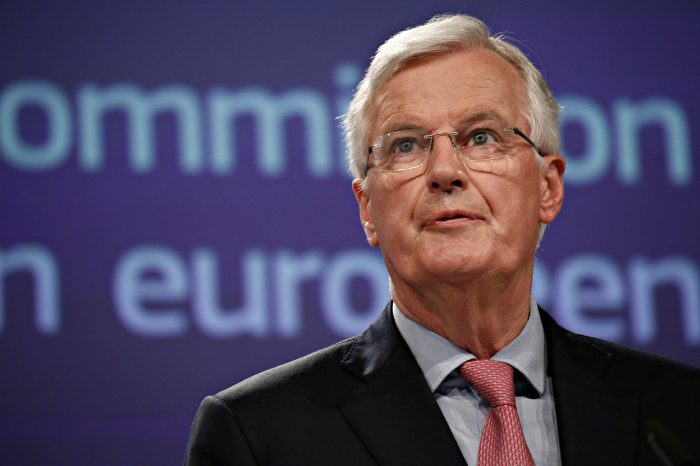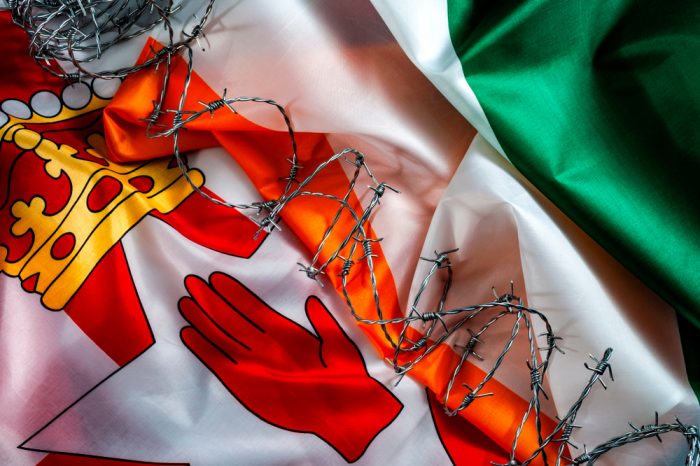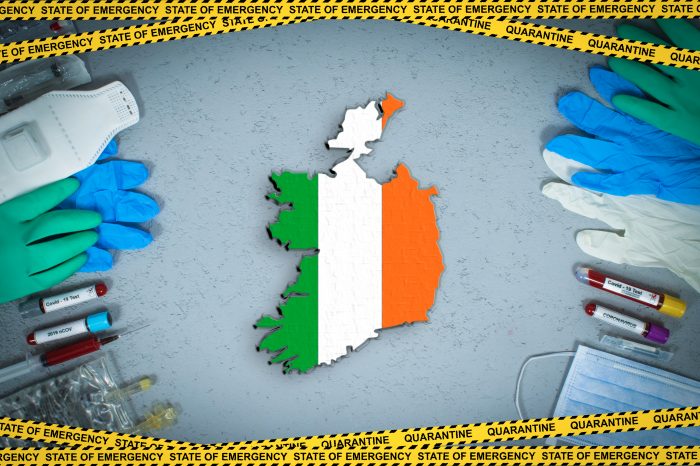Contagion:- the real reason why the EU is concerned about Donald Trump
Boris Johnson certainly has a way with words. He chose to absent himself from an emergency dinner for EU foreign ministers convened yesterday (Sunday 13th) to discuss the consequences of Donald Trump’s election victory, saying that they should snap out of a “collective whinge-o-rama”.
Some of Mr Johnson’s European colleagues talked quite openly of their “horror” at the prospect of a President Trump, echoing the tones of Jean-Claude Juncker, the EU Commission President, who said that “The election of Trump poses the risk of upsetting intercontinental relations in their foundation and in their structure.” In other reaction from the other side of the channel, France’s President Hollande said that the Trump Victory “opens a period of uncertainty”. Gérard Araud, France’s ambassador to the USA, went further, saying, “‘After Brexit and this election, everything is now possible. A world is collapsing before our eyes.” That Martin Schulz, the President of the European Parliament, would react negatively, comes as no surprise, calling the Trump victory “another Brexit night” and claiming that a “wave of protest” was engulfing established politics. Even his compatriot Angela Merkel, a woman not known for making extreme statements, congratulated Trump while at the same time hinted at her disapproval, telling reporters that his election campaign featured “confrontations that were difficult to bear”.
By contrast, Theresa May, gave a characteristically measured response to the Trump victory. Having made some critical comments about him when his candidacy was first announced, she responded to his victory in a gracious way saying, “I would like to congratulate Donald Trump on being elected the next President of the United States, following a hard-fought campaign” and stated that she looked forward to working with him.
The same day that Austria goes to the polls, Italian voters will take part in a referendum on constitutional reform. Matteo Renzi, the current Prime Minister, has staked his future on securing a “yes” vote. A rag-tag group of 13 parties, including both far left and far right, oppose it and with Beppe Grillo’s Five Star movement among them, Mr Renzi may be defeated.
The phrase “the EU is in a crisis” has been repeated ad nauseam since the Great Recession of 2008. One of the Remain camp’s pleas during the Brexit referendum was that we shouldn’t be giving a further kick in the teeth to an already wobbly EU.
The problem is that the Brexit vote and the rise of politicians like Marine le Pen or Beppe Grillo are not the cause of the crisis but a consequence of it. In spite of the denials of some remainers during the referendum campaign, the European project always has been about the creation of a federal superstate. The evidence is there for all to see in the European Parliament’s visitors’ centre in Brussels, which contains a plaque saying “National sovereignty is the root cause of the most crying evils of our times….The only final remedy for this evil is the federal union of the peoples.” Perhaps ironically, in view of the Brexit vote, these are the words of a British diplomat, Philip Kerr, later Lord Lothian.
In the early years following the signing of the Treaty of Rome, most leaders of original six participating countries and their supporters in countries keen to sign up – including Edward Heath in this country – supported the vision of a federal Europe with great enthusiasm. One of the most enthusiastic federalists of the 1960s was Jean Rey, a Belgian lawyer and Liberal politician who was to become the second president of the European Commission in 1967. I can recall being asked to translate a speech he made shortly afterwards and his enthusiasm for the project was self-evident.
Although a certain amount of wool had to be pulled over the eyes of the electorates of the original six nations in those early years, there was little resistance to the basic idea of a Federal Europe – at least, once the volatile and unpredictable General de Gaulle left office in 1969.
Fast forward to the last decade and that ability to inspire support for the federalist project so epitomised by Jean Rey just isn’t there any more. The two latest keystones in the integration process – the Schengen open border area and the Euro – are widely unpopular, being blamed between them for a number of problems ranging from Italy’s poor economic performance to the attacks on women in Cologne in the New Year period.
The EU élite still wishes to push ahead with further economic and fiscal integration within the Eurozone. A recent interview with Herman van Rompuy, the former European Council President, is most revealing. On the one hand, he says “The economic and monetary union and the single market will have to be deepened and/or completed. An emphasis on the EU’s military dimension has emerged as a genuine topic of interest for the very first time.” In other words, a further deepening of European integration has to be the way forward, but on the other hand, he admits that “I am not, however, urging immediate moves towards federalism or the United States of Europe…. The climate in Europe does not favour such a qualitative leap, even if there is a crying need for more ambition than at present when, in truth, there is no ambition at all.”
This is the heart of the EU’s crisis. The drive for federalism has run out of steam and even its most ardent supporters are admitting as much. Could the EU project ever change its objectives and come up with an alternative destination other than an United States of Europe? It’s hard to see how. So much has been invested into the federalist project. The whole structure of the EU institutions, the single currency and the open border area were designed with this end in view. If the EU powers-that-be decided that the end game should be scaled back to nothing more than a free trade area, just about everything would need drastic tweaking and downsizing as the whole structure of the EU is so cumbersome.







